EDITORIAL
Published on 23 Jan 2025
Editorial: Public health in Africa: role of nutrition and environment
doi 10.3389/fpubh.2024.1539380
- 353 views
4,571
Total downloads
16k
Total views and downloads
EDITORIAL
Published on 23 Jan 2025
ORIGINAL RESEARCH
Published on 01 Nov 2024
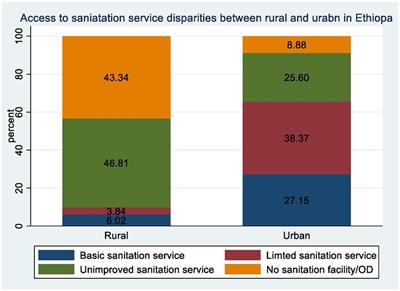
ORIGINAL RESEARCH
Published on 09 Oct 2024
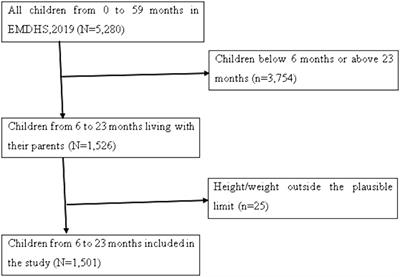
SYSTEMATIC REVIEW
Published on 11 Sep 2024
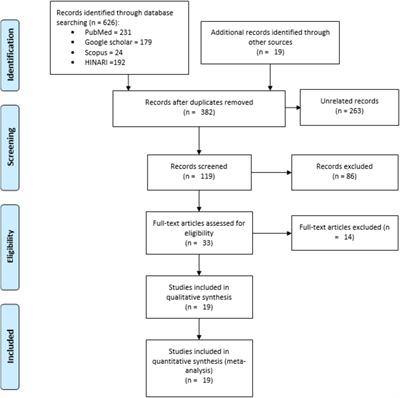
ORIGINAL RESEARCH
Published on 24 Jul 2024
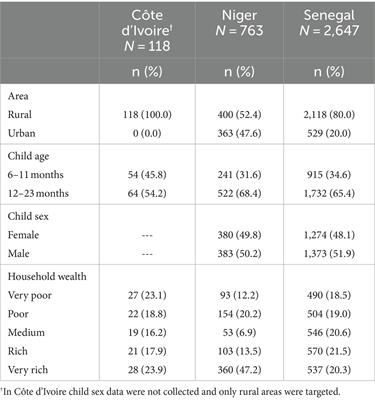
ORIGINAL RESEARCH
Published on 19 Jun 2024
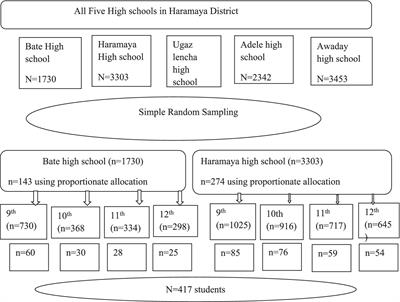
MINI REVIEW
Published on 17 Jun 2024
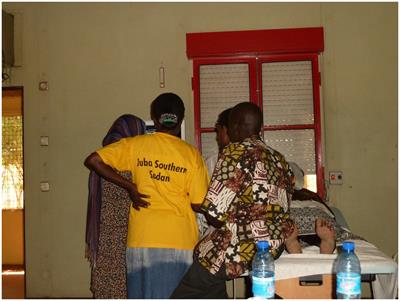
ORIGINAL RESEARCH
Published on 01 May 2024
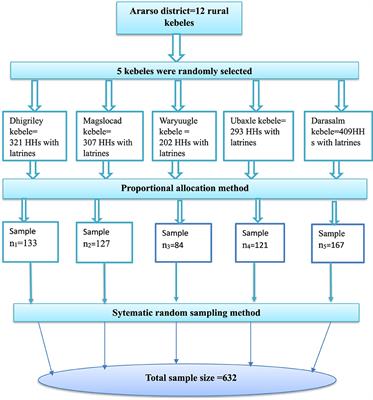
ORIGINAL RESEARCH
Published on 12 Oct 2023
